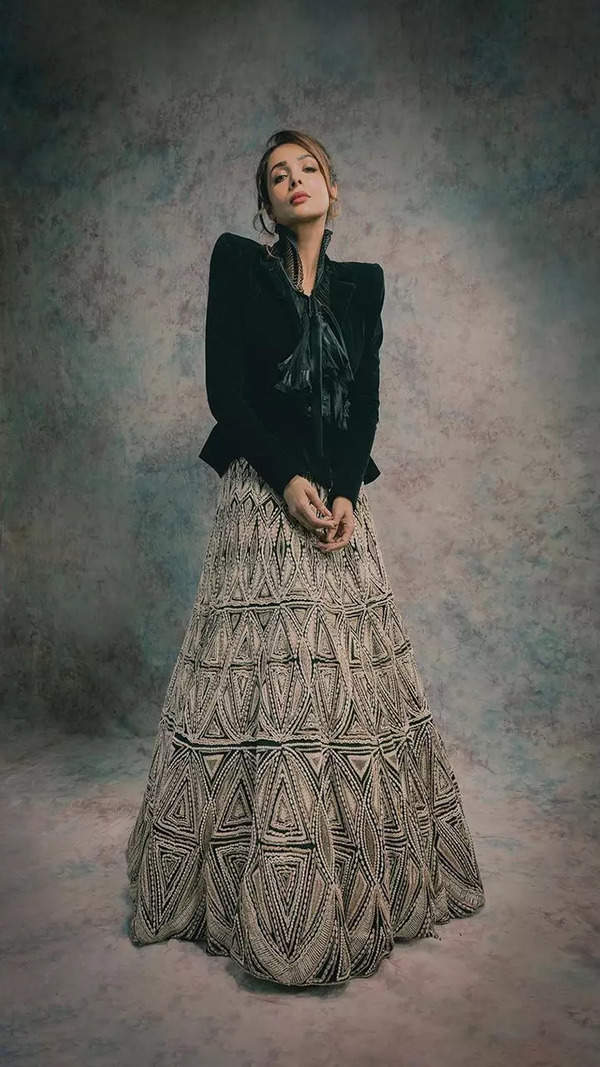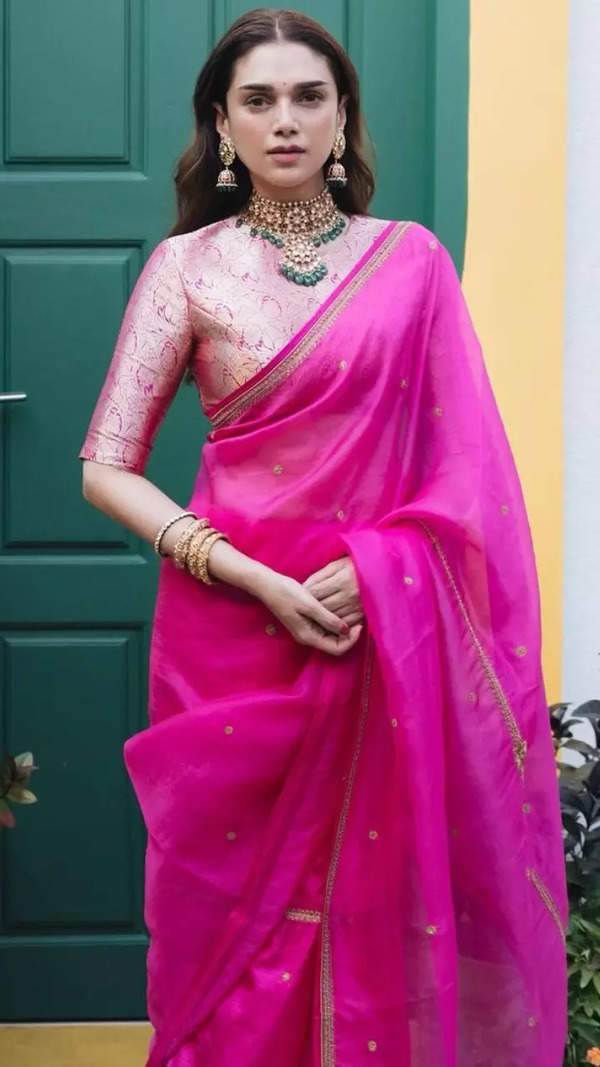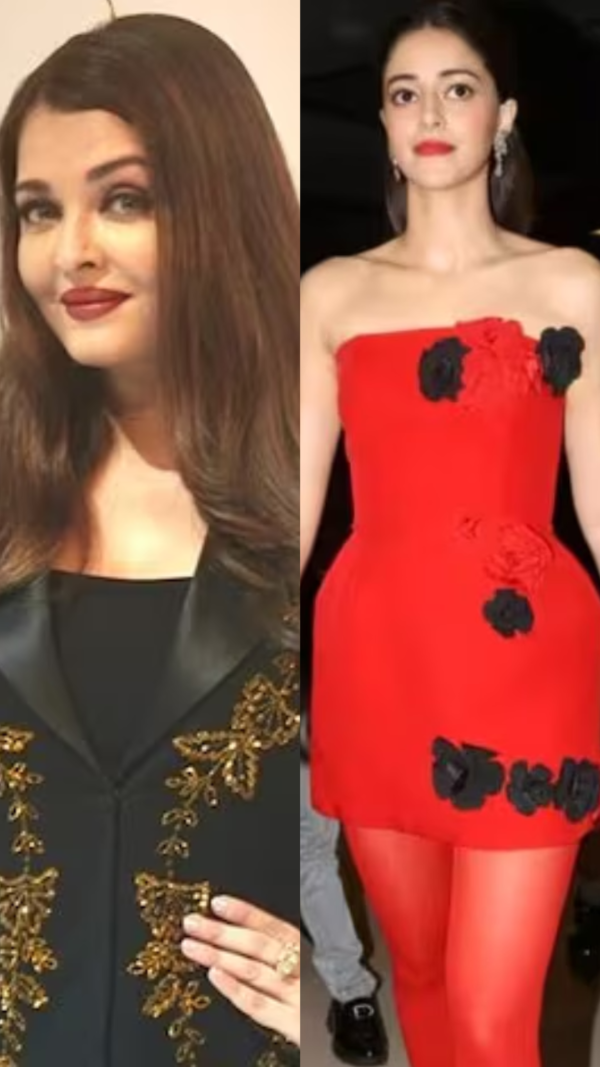- News
- entertainment
- malayalam
- movies
- Rima-Parvathy film Lalanna's Song gets entry into US market through Cannes
Trending
This story is from May 26, 2022
Rima-Parvathy film Lalanna's Song gets entry into US market through Cannes


“I have always been very concerned about the politics of being a woman in India, and the politics of race and culture, which are all intertwined and insidiously affect our physical and domestic presences,” says the Malayali-Tamilian director. Rima and Parvathy play young mothers and “extremely strong women”, who attend a child’s birthday party where they encounter 12-year-old Lalanna— played by Nakshatra — a precocious girl who unwittingly irks them with her intrusive questions and unapologetic gaze. Wanting to set her straight, the women bully her into singing a song, to disastrous effect.
By the time you are 40, you finally understand what aligning yourself to feminism and feminist movements truly means in the long run. So when these two women meet a youngster with so much agency, they are shaken,” says Megha.

Speaking about roping in Rima and Parvathy, Megha says, “They have a natural chemistry and that always takes precedence for me while writing women characters. I used to follow them on Instagram and was introduced to them by actor-director Geetu Mohandas. I loved how naturally comfortable they were with each other and there is no posturing, which is important as they would be playing friends. Women characters in Indian cinema are like, ‘look, we are in a woman-centric film, we are cool’. This film does not try to teach feminism and its women are portrayed as inherently cruel. At its heart, it is not a cause-driven film. We just want to be authentic to our women characters and understand the female experience as a whole. It was wonderful to collaborate with women creators — including music director Sneha Khanwalkar whose song and performance piece make up the grand finale — who understand and want the female experience to be truthfully represented.”
The filmmaker adds that during the process of making the film, producers Newton Cinema, were extremely supportive of her and the film’s experimental nature and so to get a release at a time when bigger films aren’t, is reassuring. “I can’t abide by the image of Indian films being about an exotic culture or underprivileged people. I hope, going forward, we get to be known for more real stories,” she says.
End of Article
FOLLOW US ON SOCIAL MEDIA







